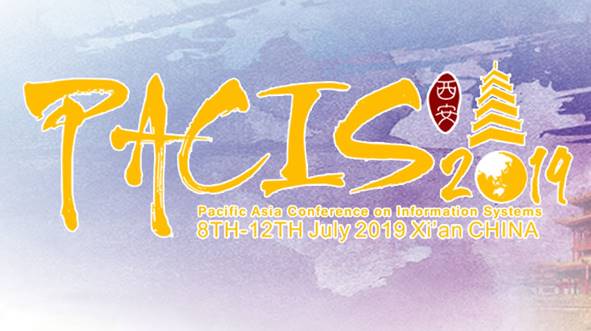PACIS 2019 Proceedings
Abstract
This article collected dengue-related information in China from News, Apps, Forums, Microblog and WeChat. We extract the 100 highest frequency of agenda settings from News, and built agenda setting networks of the five platforms respectively. Social network analysis methods are used to reveal the characteristics of these five agenda setting networks and the QAP is used to test the correlation between them. The robustness analysis of the results is applied. We found that: the information dissemination in dengue can be roughly divided into three categories: epidemic situation and change, prevention and control measures, and epidemic outbreak area; The context of News has the highest similarity with Apps (correlation coefficient=0.9561, p<0.01), the second similarity with WeChat (correlation coefficient=0.8291, p<0.01), the third similarity with Forums (correlation coefficient=0.7916, p<0.01), the lowest similarity with Microblog (correlation coefficient=0. 4280, p<0.01); the QAP is robust, which can be widely used in social media big data research.
Recommended Citation
Wang, Yuejiao and Cao, Zhidong, "Network Agenda Setting and Social Cognition Construction of the Dengue Fever Epidemic Event based on Social Media Big Data" (2019). PACIS 2019 Proceedings. 205.
https://aisel.aisnet.org/pacis2019/205


